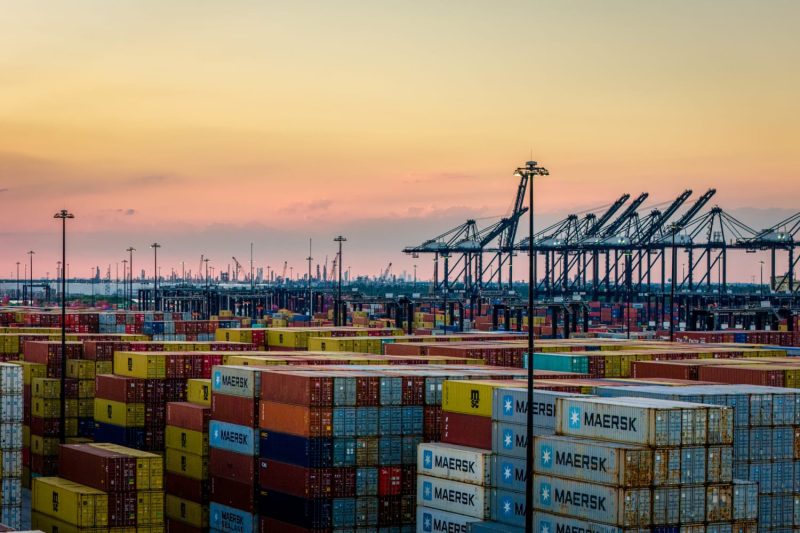The recent threat of a major maritime strike looming over ports along the East Coast has sent shockwaves through the shipping industry. The possibility of such a strike could have far-reaching implications, disrupting the flow of goods and causing widespread economic repercussions.
Understanding the Scope of the Threat
The potential strike, which is being driven by labor disputes between dockworkers and shipping companies, poses a significant threat to the operations of major ports such as New York, New Jersey, and Savannah. These ports serve as crucial hubs for transporting goods across the country and internationally, making them vital cogs in the global supply chain.
Should the strike come to fruition, the consequences could be severe. Ships carrying essential goods such as food, electronics, and manufactured products could be stranded at sea or diverted to alternate ports, leading to delays in deliveries and shortages of key items. The disruptions would not only impact businesses and consumers but also have a ripple effect on other industries that rely on timely and efficient shipping services.
Labor Disputes and Negotiation Challenges
The root cause of the potential strike lies in the ongoing negotiations between dockworker unions and shipping companies over issues such as wages, working conditions, and job security. These negotiations have reached an impasse, with both sides digging in their heels and showing little willingness to compromise.
The complexity of the maritime industry and the interdependence of various stakeholders make reaching a resolution a challenging task. Dockworkers are seeking better pay and benefits to keep up with the rising cost of living, while shipping companies are under pressure to streamline operations and cut costs to remain competitive in a global market.
The Role of Government and Mediation
Given the potential impact of a maritime strike on the economy, there has been growing pressure on government officials to intervene and help broker a deal between the warring parties. The government plays a crucial role in ensuring the smooth functioning of the maritime sector and maintaining the stability of the supply chain.
Mediation efforts are underway, with federal agencies and labor authorities working behind the scenes to facilitate dialogue and find common ground between dockworkers and shipping companies. However, finding a mutually acceptable solution that addresses the concerns of both parties remains a daunting task.
Preparing for the Worst-Case Scenario
As the specter of a maritime strike looms large, businesses and stakeholders are bracing themselves for the potential fallout. Contingency plans are being drawn up to mitigate the impact of disruptions on operations and supply chains. Companies are exploring alternative shipping routes, increasing inventory levels, and seeking ways to diversify their transportation options.
In conclusion, the threat of a major maritime strike affecting ports across the East Coast is a pressing issue that demands immediate attention and resolution. The implications of such a strike are far-reaching and could have profound consequences for businesses, consumers, and the economy as a whole. It is crucial for all parties involved to engage in meaningful dialogue, find common ground, and work towards a mutually beneficial solution to avert a crisis that could disrupt the very backbone of global trade.
